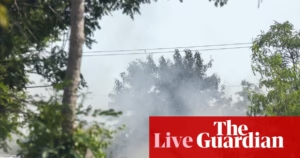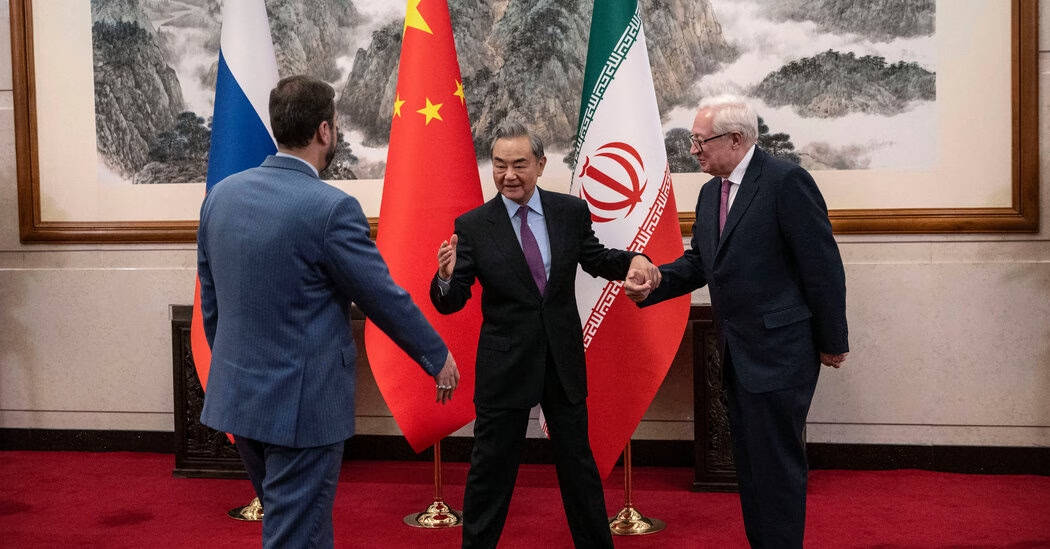China’s approach to resolving the nuclear issue by working with Russia to engage in talks with Iran serves as a stark contrast to the United States. According to Shen Dingli, a professor of international relations at Fudan University in Shanghai, Beijing wants to demonstrate its commitment to this international agreement and assume leadership, standing in contrast to the irresponsible withdrawal of the United States from the Iran Nuclear Agreement.
This move also signifies China’s solidarity with Iran. Despite the extreme pressure exerted by the United States, as long as Iran does not abandon its relevant commitments, it will still have allies, asserts Mr. Shen. In the end, this situation can be viewed as a strategic game between China and the United States.
After Trump suggested that Iran negotiate its nuclear program or face potential military action, Iran’s supreme leader condemned “bullying governments” and expressed opposition to negotiating with the United States. The support from China and Russia could provide Iran with a sense of not being isolated, but there may still be concerns in Tehran.
Gregory Brew, a senior analyst at the Eurasia Group, reveals that Iran is cautious about Chinese involvement in negotiations, especially concerning Russia. They fear that they will be betrayed by Moscow as part of a larger U.S.-Russia agreement. Iran will seek support from Russia while resisting any pressure to submit to U.S. demands.
China possesses significant leverage over Iran due to its extensive purchases of Iranian oil exports. According to Kpler, a Vienna-based company specializing in monitoring Iran’s oil shipments, Chinese companies acquired over 90 percent of Iran’s oil exports last year, often at substantial discounts compared to global prices. Most other countries have refrained from purchasing oil from Iran to adhere to Western-led sanctions aimed at discouraging Iran’s development of nuclear weapons.
The oil sales from Iran’s state oil company to China account for about 6 percent of Iran’s entire economy, equivalent to approximately half of government spending in Iran.
David Pierson contributed to this report from Beijing.
Source: https://www.nytimes.com/2025/03/14/world/asia/china-iran-trump-russia.html




